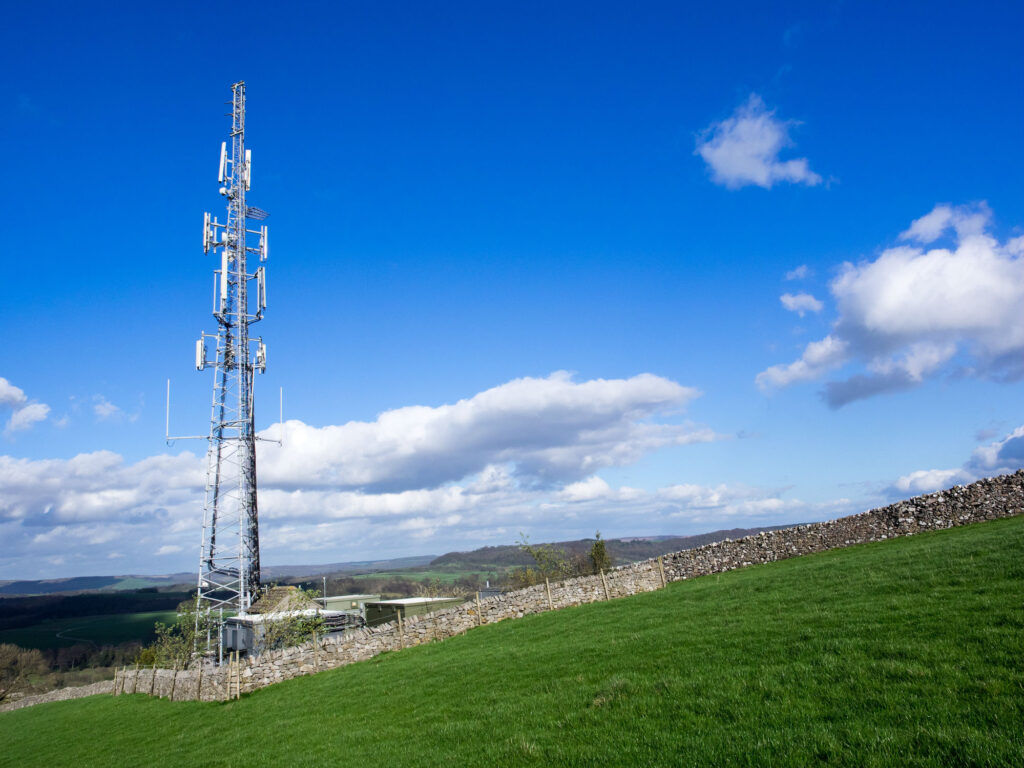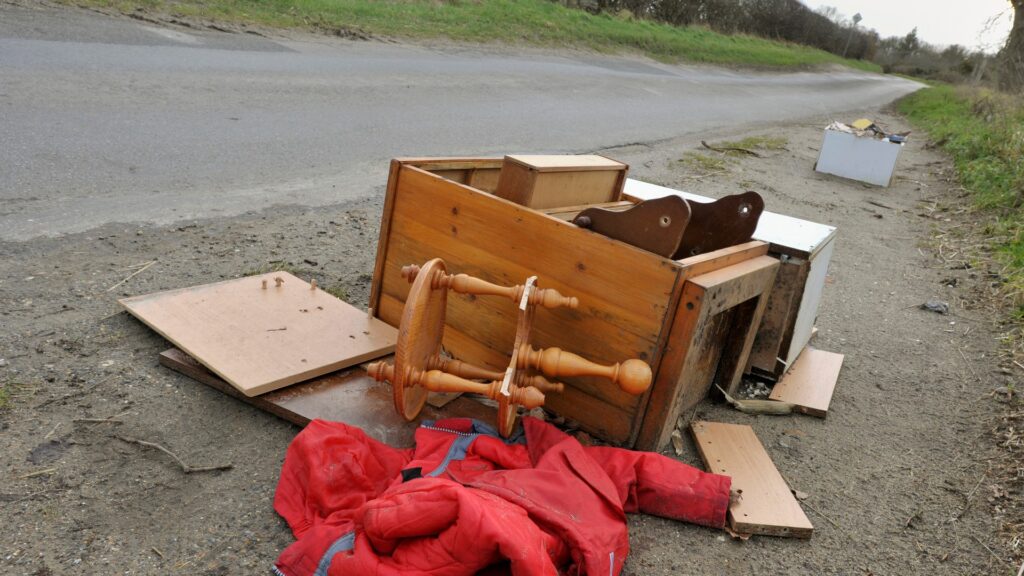The Electronic Communications Code 2017 (Code) needs no introduction. There has been significant uncertainty and ambiguity since it came into law. Very little deals are being struck between landowners and operators and more referrals are being made to the Land Tribunal as a result.
The core issue continues to be the rental payment for the site, and Vodafone Limited v Hanover Capital Limited focused on just that. This case was heard in the County Court.
In this judgement the matter concerned a telecoms lease granted in 2008 for 5 years on a site near Manchester. The lease was protected (which means it had the right for renewal) and treated as a business tenancy under the Landlord and Tenant Act 1954 (L&TA 1954), and once the original term expired, it continued automatically under the same terms.
In 2016, the Landlord served a notice on the Tenant to terminate the lease. This was under the provisions of the L&TA 1954 (not the Electronic Communications Code, because the lease was a L&TA 1954 protected tenancy). The Tenant served a notice to remain on the site and negotiations commenced for the terms of the renewal agreement.
The rent assessment under the L&TA 1954 is Open Market rent, different to the no network basis under the 2017 Code. The Court took a view, that the rent should be £5,750 per annum and had regard for the ‘no network’ basis comparable sites from deals agreed since the introduction of the of the Code.
This is an important decision for the telecom’s world, because it is thought to be the first County Court order for the renewal of a telecoms mast case since the new Code as opposed to the Tribunal, and the decision is welcome news to land providers.
This rental assessment considered the no network basis of the Code valuation methodology, which is frequently used by the operators to push down the rent. It will therefore be interesting to see what happens next.
Baileys and Partners as a rural surveying practice located within the Snowdonia National Park, have represented numerous clients in negotiating the ‘deal’ between the Landowner (“Landlord”) and the Operator (“Tenant”) both pre and post the introduction of the 2017 Code.
Telecommunications sites are still an income generating opportunity for landowners but with new legislation the landscape has changed quite literally and for the moment it is perhaps for the worse, but decisions such as Vodafone v Hanover is a good news for landowners.







